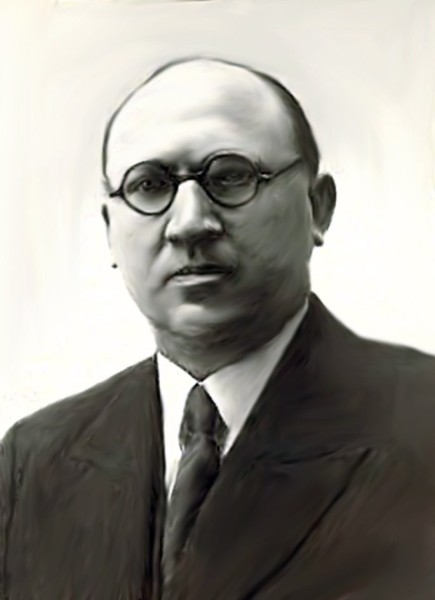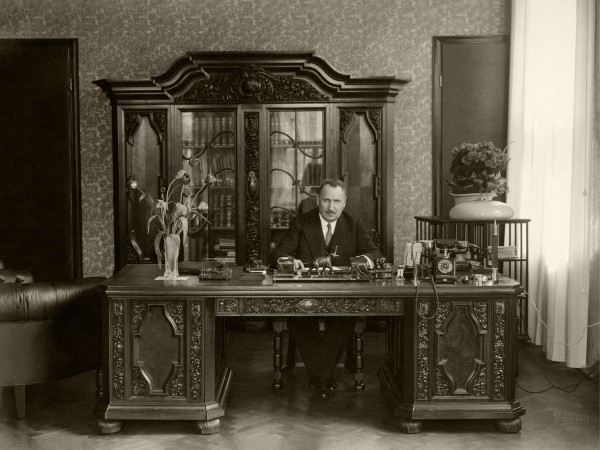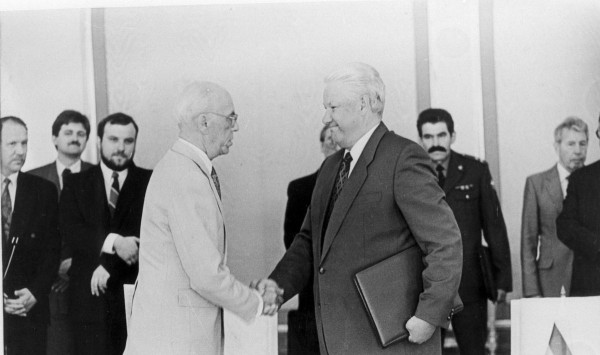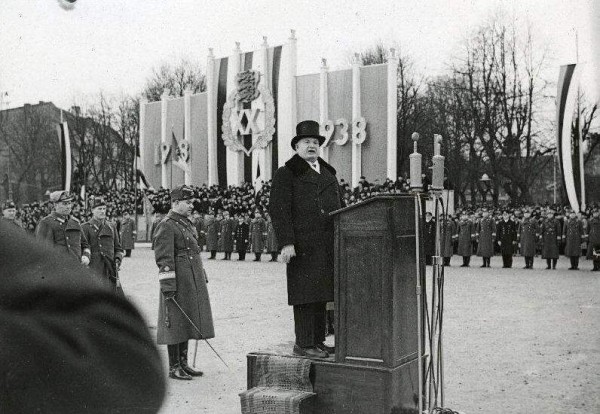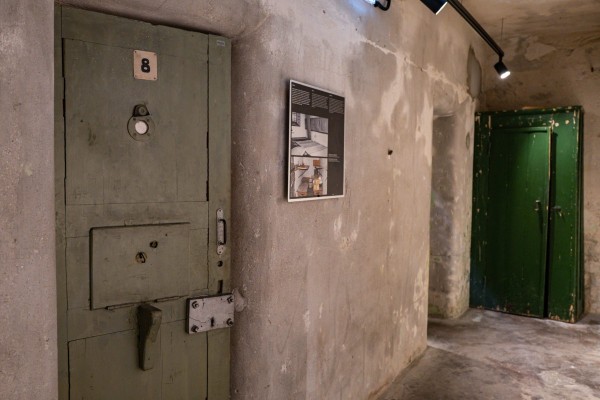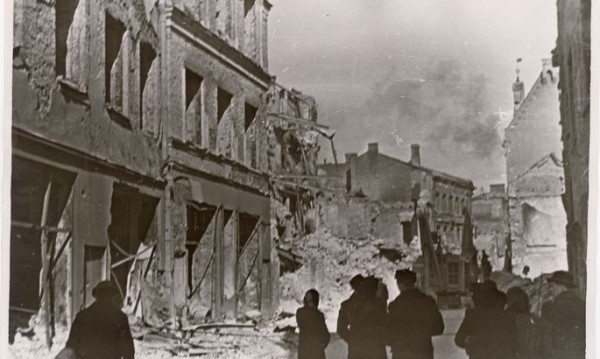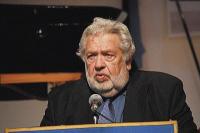
A few weeks ago the Estonian government gave its approval to a new border treaty with Russia, nearly 22 years of painstaking on-again-off-again negotiations. Included in this are the talks leading up to the signing of the agreements to a “administrative border” after which Russia withdrew its forces from Estonia in August of 1994.
It has been pointed out that Estonia is the only country in the European Union who doesn’t have a border treaty with Russia. In spite of this there are a substantial number of opponents to the signing of a new treaty and they have vociferously rejected the diplomatic gains to be made with an agreement with Russia. They insist that a new treaty will not be the factor in ‘normalizing’ relations with the Kremlin.
Some opponents stress that Moscow wants and needs the treaty more than Tallinn does. They say that Estonia has thrived without a treaty with Moscow for years and will continue to do so. Before Estonia’s accession to the European Union and its admittance into NATO many observers insisted that the absence of a border treaty would be a major obstacle to membership. It wasn’t.
The countries’ respective foreign ministers Urmas Paet and Sergei Lavrov signed treaties on the land and maritime borders between Estonia and Russia in 2005. Thereafter the Estonian parliament ratified the treaties in June of the same year after adding a preamble to the ratification indicating that in accordance with Article 122 of the Estonian constitution the treaty would partially adjust the state border as detailed in the Tartu Peace Treaty of 1920 but would not affect the rest of the Tartu Peace treaty and would not have any bearing on any bilateral issues not connected with the border treaty. The preamble also referred to earlier declarations in 1991 and 1992 both of which stressed the principle of uninterrupted continuation of statehood since 1920. (This is the same as the principle of non-recognition de jure of the of the Soviet annexation of the Baltic states, the principle by which western countries continued to support the legitimate demand for self-determination of the three republics.) (Loe rohkem Eesti Elu 14. juuni paberlehest.)
Advertisement / Reklaam
Advertisement / Reklaam







